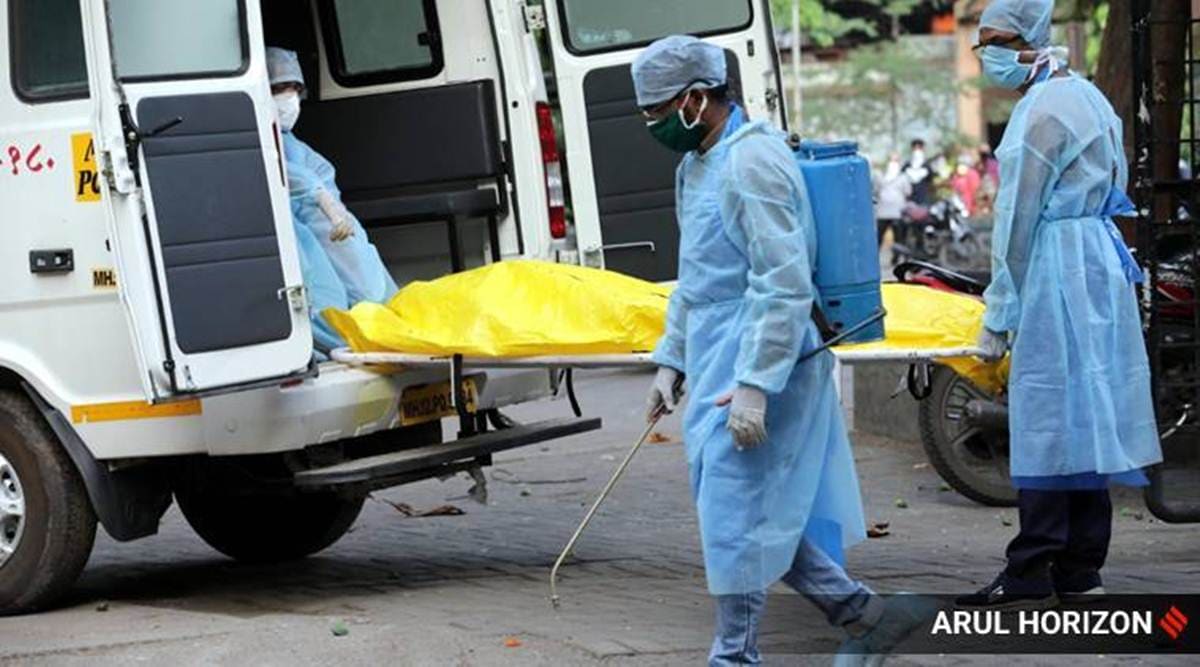 In his most vulnerable moment, Zafar trusted old classmates. Some people were bothered by him turning religious, but not by the majoritarianism that affected him.
In his most vulnerable moment, Zafar trusted old classmates. Some people were bothered by him turning religious, but not by the majoritarianism that affected him. For nine years, we sat together in the government school in a small railway colony town near Guwahati. When we rejoined school after summer vacations in Class V, the Hindi teacher asked what we had learnt during that time. Zafar said he had learnt a new song while holidaying with cousins in Varanasi. The teacher asked him to sing it for us.
Zafar sang a Mohammad Rafi song from Dhool ka Phool (1959): “Tu Hindu banega na Musalman banega, insaan ki aulad hai insaan banega” (You will be neither a Hindu nor a Muslim. You are the child of a human being, you will become one”). The song was an invitation to become more than an identity, seeking human camaraderie, friendship.
Zafar was a sincere student. Cricket was his favourite game. He loved bowling fast. But after an accident, the doctor messed up his right elbow, and he couldn’t bowl. He still executed deft glances and front drives. He missed school, and risked being thrashed by his father, for cricket.
A classmate once tried to create a misunderstanding between Zafar and me. It remained a joke between us. We trusted each other, and freely complained about the world. Once, we stole a few Hardy Boys novels from a classmate’s bag because he was only letting girls borrow from him. We were found out later. Mischief breathes life into friendship.
I remember the lunch every Eid at his place, made by his mother. He welcomed everyone at the gate, wearing white. Once he said, as I reached, “The radio still hasn’t played Kishore Kumar’s Aye khuda har faisla… Only after I hear it, my Eid is complete.”
Our biggest adventure was in Class XII. On a rainy day, we decided to bunk classes after recess, to go see a film. The shuttle that ferried railway employees, its old engine giving off white smoke, was set to leave the Pandu Ghat station. We were lucky. It saved us time and money.
It was the first day of Maine Pyar Kiya (1989) at the Apsara theatre in Paltan Bazar, a market area in Guwahati. The “houseful” board disheartened us, but we coaxed a black marketer into selling us tickets at a lower price. The film was fluff, but pleased our adolescent minds. We had to rush back home. As we paused before a railway crossing, Zafar said, if it turned out to be a goods train, he would jump into the rear bogie. I thought he was out of his mind. It was a goods train and Zafar did as he had threatened. I was scared out of my wits, but followed him.
The guard was scandalised and scolded us. He said, the train may not stop at our station. It was headed to Kolkata. I imagined landing up at my uncle’s house in Dhakuria (in south Kolkata), and telling a stunned family, “We decided to pay you a visit after watching a film in Guwahati”.
We didn’t think much of the guard’s warning, until the train sped down the middle track at our station. I panicked. As it neared the Saraighat Bridge, Zafar said he would jump, asking me to follow. I summoned my guts and did an equally good job.
When I learnt Zafar was anxious to return home from the engineering institute, just after December 6, 1992, I met him at the bus stop. On our way back he said, “We don’t need temple or mosque, if it means strife.” He was not interested in historical facts, or rights. He thought like Gandhi.
I last met him in November, 2018, at my place in Delhi. He was aggrieved by the jingoism around him, and nostalgic about our secular childhood. He offered namaz, before I saw him off.
Zafar passed away from COVID complications on April 25. I texted him my prayers a couple of days earlier, learning he was unwell. He was too ill to reply. A classmate called up to share the news of his passing. Another classmate, a doctor (the daughter of the teacher who made him sing), helped Zafar get medicines. But it was difficult to arrange for oxygen when he had breathing trouble. He sat on the terrace to get more air. His family took him to Kanpur, where relatives offered help. But it was too late. The healthcare system was too fragile to save him.
In his most vulnerable moment, Zafar trusted old classmates. Some people were bothered by him turning religious, but not by the majoritarianism that affected him. One lives in the embrace of friendship, or turns to the lonely refuge of faith. Faith is a shelter from a world where we cannot be ourselves.
I thought of the Kishore and Rafi song from Dostana (1980) that we sang together when classes were postponed due to heavy rain: “Bane chahe dushman zamana humara, salamat rahe dostana hamara” (Even if the world turns against us, may our friendship remain secure). I raise a toast to the memory of that friendship.
The writer is the author of The Town Slowly Empties: On Life and Culture during Lockdown
- The Indian Express website has been rated GREEN for its credibility and trustworthiness by Newsguard, a global service that rates news sources for their journalistic standards.

